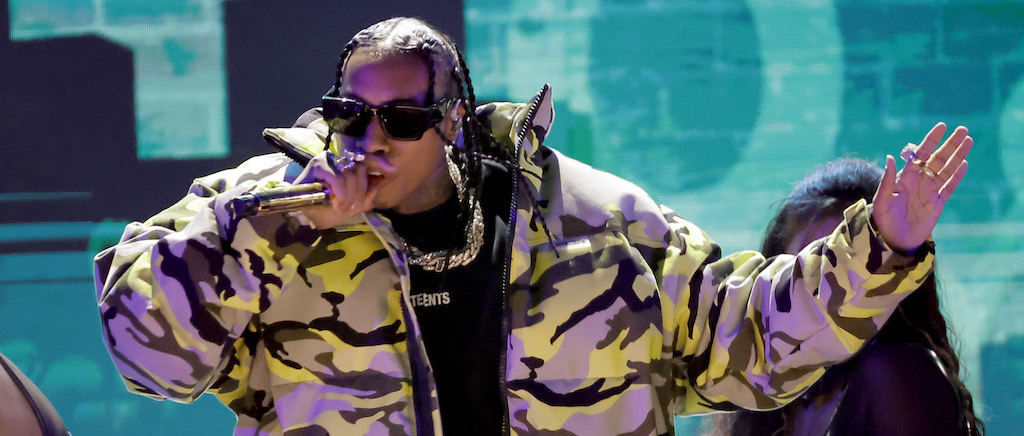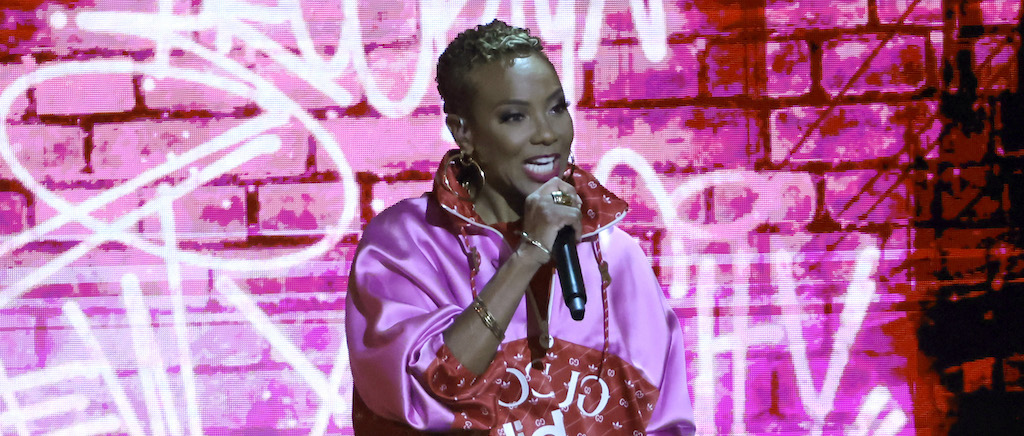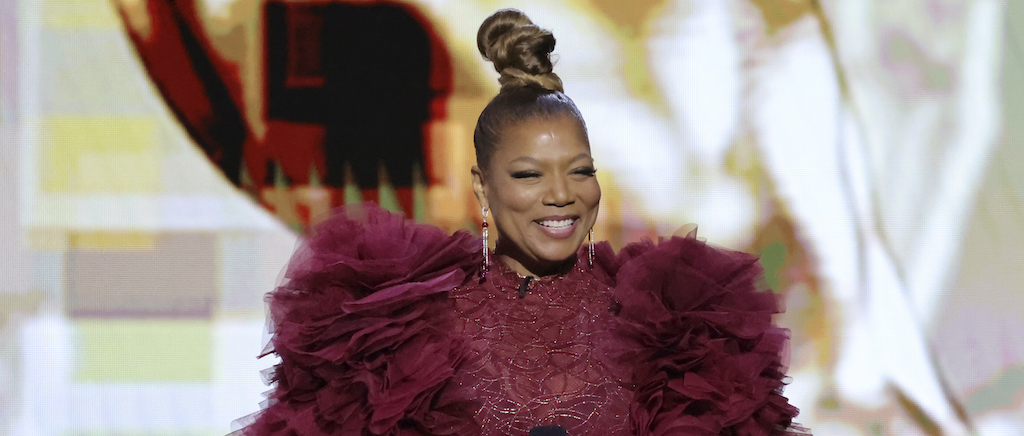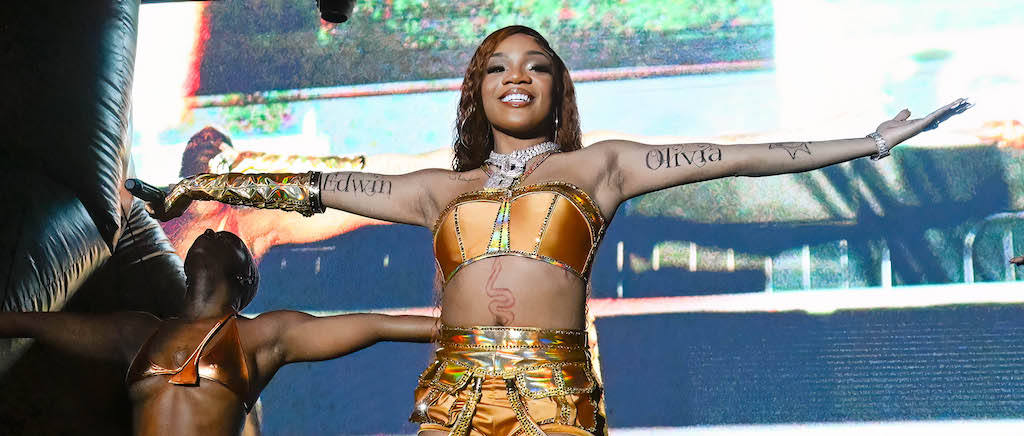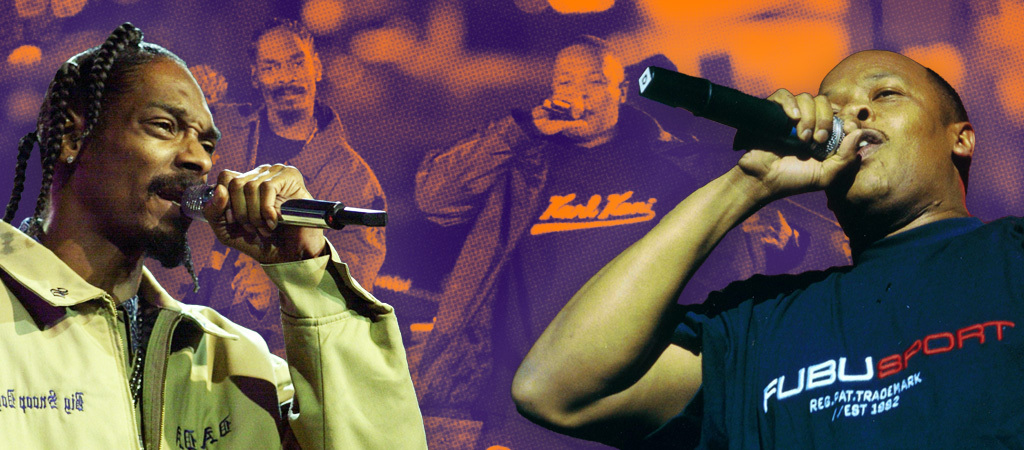The Hip Hop 50 celebrations continue throughout 2023 as fans, artists, and the world at large celebrates the genesis of one of the most – if not, the most – influential genres. With the launch of the ESSENCE Festival of Culture on June 29th, the annual festival in New Orleans will host a series of concerts honoring the milestone. On night one, Lauryn Hill will headline to celebrate the 25th anniversary of her debut album, The Miseducation of Lauryn Hill. Doug E. Fresh also curated a special performance with the help of hip-hop legends like Big Daddy Kane, EPMD, KRS-One, and Slick Rick.
on June 29th, the annual festival in New Orleans will host a series of concerts honoring the milestone. On night one, Lauryn Hill will headline to celebrate the 25th anniversary of her debut album, The Miseducation of Lauryn Hill. Doug E. Fresh also curated a special performance with the help of hip-hop legends like Big Daddy Kane, EPMD, KRS-One, and Slick Rick.
However, it’s a moment that Big Daddy Kane believes is “only right” for the ESSENCE Festival of Culture to commemorate. Hip-hop has outlasted many other genres, disproving predictions of it becoming a “fad.”
to commemorate. Hip-hop has outlasted many other genres, disproving predictions of it becoming a “fad.”
“It’s not that it’s important. It’s that it’s only right, you know what I’m saying? Because you see, when there are festivals like this for rock or the blues or pop music, they automatically think to get a BB King. They automatically think to get Bruce Springsteen,” Big Daddy Kane told HotNewHipHop over Zoom. “Hip-Hop is the type of thing where an expiration date has been put on a lot of artists and they call them ‘old school’ instead of Hip-Hop legends. In my opinion, it is something that needs to be done, you know? It’s something that needs to be done to show respect.”
HotNewHipHop recently caught up with Big Daddy Kane ahead of the ESSENCE Festival of Culture to discuss his upcoming performance, the most pivotal moment in hip-hop’s history, and how he wants to see hip-hop preserved for the next 50 years.
to discuss his upcoming performance, the most pivotal moment in hip-hop’s history, and how he wants to see hip-hop preserved for the next 50 years.
This interview has been edited and condensed for clarity.
Read More: Big Daddy Kane Isn’t Threatened By AI But Fears Its Impact On New Rappers
Big Daddy Kane Interview
View this post on Instagram
HotNewHipHop: You’re performing at Essence Festival alongside Doug-E Fresh, EPMD, KRS-One, and Slick Rick. With all the celebrations since the beginning of the year, how do you feel about sharing the stage with fellow artists who played pivotal roles in shaping what we know as Hip-Hop today?
Big Daddy Kane: Well, I mean, these are cats that I’ve known for the past 30 years, 30-some years. And to still share the stage with them, and, you know, see them doing a thing and having fun and get a chance to chop it up. You know, it’s always amazing.
I’m sure there are some surprises that you can’t let out of the bag too early but what do you have planned for this performance at Essence Festival?
Well, you know, what I’m looking forward to is everything being tight as a unit. I’m not really solely focused on the Big Daddy Kane show. I want us together collectively to just look amazing and really showcase what Hip-Hop looked like in the late 80s and everybody enjoys it and wants to continue seeing it more and more. But yeah, we’re gonna bring some heat to that stage. I promise you that.
Read More: Lauryn Hill And Megan Thee Stallion Announced As 2023 Essence Festival Headliners
Why is it important for you guys to do this at Essence Festival?
It’s not that it’s important. It’s that it’s only right, you know what I’m saying? Because you see, when there are festivals like this for rock or the blues or pop music, they automatically think to get a BB King. They automatically think to get a Bruce Springsteen. They automatically think to get a Madonna. Yeah, they want a Miley Cyrus, they want the Ariana Grande, but they want a Madonna. Or they want a pop legend from the 80s.
In Hip-Hop, it’s the type of thing where an expiration date has been put on a lot of artists, and they call them “old school” instead of Hip-Hop legends. In my opinion, it is something that needs to be done, you know? It’s something that needs to be done to show respect. And then also, for a younger generation to see the difference. I would love for the younger generation to say, ‘Damn. They don’t have all that stuff exploding and all of this and they still tore it down. Yeah, I gotta step my stage game up,’ you know? So that they can have a longer career doing what they do.
Who else are you excited to see at Essence Festival?
It’s always a good time watching Doug E. rock, you know? I mean, I think it’s amazing damn-near 40 years, this dude can still do the beatbox. You know that takes a lot of breath control to still do this. And then you know, of course, everybody wants to see this sh*t [starts doing the Dougie]. Yeah, always love to see Doug E. rock.
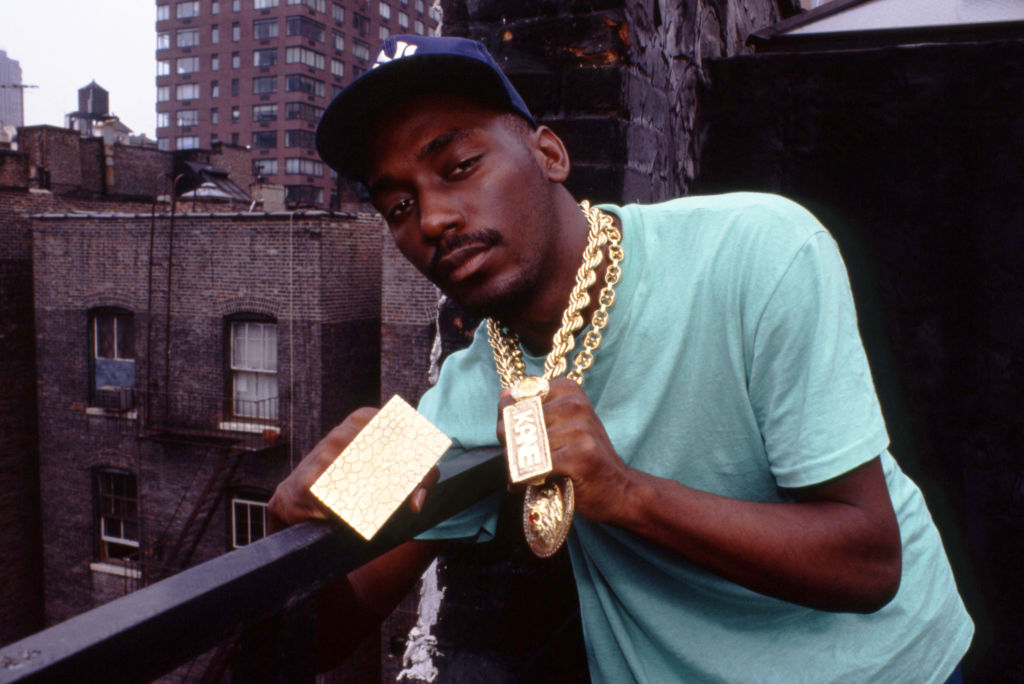
When you look at the current climate of Hip-Hop, are you able to trace the influence that you’ve all had? Especially as someone who is still enthusiastic and actively vocal about the culture.
Well, I mean, I think that it’s beautiful. It’s beautiful to be able to say that in my early 20s, I could take my parents to go see Jerry Butler, or Little Anthony And The Imperials and see a bunch of older women going cr*zy for these guys. And now, here we are, 35 years later and we’re a Jimmy Butler’s and a little Anthony and the Imperials, you know? I think that’s beautiful.
I think that it’s amazing to like, come out and make a fashion statement with a flat top and parts in your eyebrows. And then, 25 years later, see it revived by a younger generation. You know, watching it come to life again. You know, I think all of that is beautiful.
But even more importantly, I think it’s beautiful when you look at cats like Grandmaster Flash — well, at that time, DJ Flash And The Three MCs with Melle Mel, Kid Creole, and Cowboy. And then you look at the Cold Crush Brothers and what Kool Herc was doing. To see, from that point in time, you know, where something that started in the streets, how it became a billion-dollar industry. And how every other genre, at the beginning stages, that said that Hip-Hop wouldn’t last, it’s not real music. Now they incorporate Hip-Hop in their genre, you know. So it’s all amazing, man.
Read More: Juvenile Will Be Playing At Essence Festival After All
Does it stun you to see how far Hip-Hop’s come, especially after many downplayed it as a fad when you began releasing music?
Well, I mean, that’s what I just explained, you know, how something that started in the streets became a billion-dollar industry, you know? What did it gross? Like, $23 billion or something like that? Last year, or this year, something I can’t remember. I mean, it’s, it’s like the biggest music genre and all the other genres incorporate Hip-Hop into their field. Now, you know, so, you know, it’s amazing what is what it has become, you know, and then you see so many young cats today man, that are becoming instant millionaires off of Hip-Hop, man. So, you know, they get to feed their families and think it’s as beautiful.
What moment would you consider the most pivotal in hip-hop’s history that allowed the genre to continuously evolve? If you can pinpoint a single moment.
I would say Melle Mel in 1977 because I think that prior to Mel, anybody else that rapped, you know, such as your Lovebug Starski, Keef Cowboy, Grandmaster Caz, they all pretty much did what DJ Hollywood started back in ‘71. And that was pretty much [mimics DJ Hollywood’s voice], you know, their whole thing.
In ‘77, Melle Mel rhymed in his regular voice and he introduced what we call lyricism, where now you’re actually listening to what the MC says. You’re quoting lines from the MC. Because you know, until Hip-Hop became recordings, it was really all about the DJ. You know, it was Grandmaster Flash and The Furious Five, Charlie Chase and the Cold Crush, Theodore and The Fantastic Five. You know, the DJ was the most important person.
Once Mel introduced the lyrics to the game, the MC became the most important person. And because of that, I think that that’s what birthed artists like LL Cool J, Run DMC, Big Daddy Kane, Rakim, KRS-One, Nas, Biggie, Jay-Z, Eminem, Ludacris, Jadakiss, and so on.
What do you think the most important Hip-Hop album is and why? Without counting anything in your own catalog.
Raising Hell by Run DMC because it showed that Hip-Hop can go platinum and can break barriers and stand up against all the other music genres. So, it could be that one. And then again, it could be It Takes A Nation Of Millions To Hold Us Back. Because I think that the album for Public Enemy showed that you can have a conscious message. You can be a spokesperson for the hood, you know? Letting people know about how dangerous and how bad situations are in the hood, and it still is accepted by radio. You know, probably one of those.
Speaking of albums, a recent Billboard report indicated that not a single Hip-Hop album or song has topped the Hot 100 or the Billboard 200 this year. Many have even argued that it indicates the decline of Hip-Hop. How do you feel about comments like that?
I think that there are so many other music genres that would like to see the decline of Hip-Hop. What I feel is like, you know – because of corporate structure. Anybody that understands corporate structure, they know what happens in that type of situation is that quantity comes in, and quality goes out, you know? So it’s going to really boil down to: what do you want? Do you want mass production, or do you want quality? I just think that right now Hip-Hop is so strong and so powerful. But it’s a major, major quantity, but there’s not a whole lot of quality. You know, you have great artists that are doing things but they may not be charting. Not because of the music being bad, but because the media is not focused on those artists.
You know, I hear amazing songs for people like J. Cole, people like all Lady London, people like Conway The Machine. But there’s a certain algorithm that plays on the radio, where, you know, the majority of stuff sounds the same. And artists like that may not fit that format. To be in that slot with the same 20 songs just repeating over and over and over and over. But there is amazing music out there. And they may not be selling or being looked over because they don’t fit that algorithm. But there are a lot of talented young artists out there today. You know, I don’t blame the artists. I blame the people that are in control of where music is played and what music they’re putting out and feeding the youth.
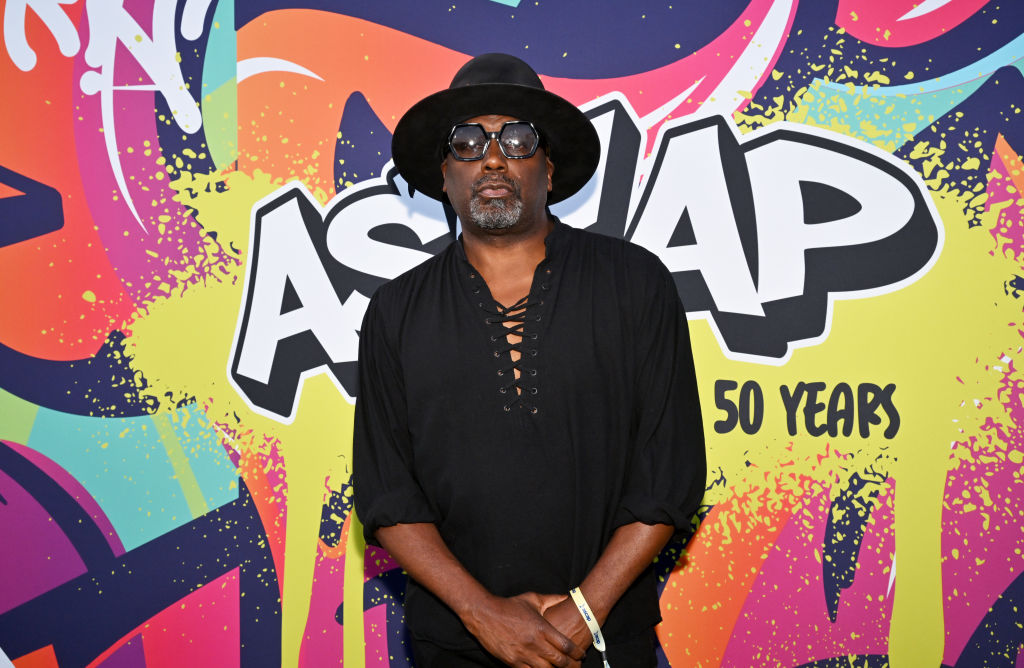
You mentioned Conway and previously shouted out J. Cole and Kendrick Lamar for staying true to lyricism. Who else is really catching your attention that you believe is delivering quality music?
Well, wow. Oh, yeah. Those, you know, of course, Conway. Rapsody, you know. I like Rapsody. I’m pretty sure there’s more but that’s all just coming to the mic to come into my mind right now at the moment.
Read More: Rappers Like J. Cole: Kendrick Lamar, Joyner Lucas, Logic, Rapsody & More
What do you hope to see Hip-Hop accomplish in the next 50 years?
One of the main things I would like to see is… I would like to see Hip-Hop really preserving their legends and keeping their legacy relevant. I would love for 50 years down the line from now, young kids to know who Kool Herc is. Know how Melle Mel is, Grandmaster Flash.
What do you think the best way to do that is?
One is like with these award shows. If there’s a Hip-Hop Lifetime Achievement Award, it should be called the Kool Herc Award. That way 50 years down the line, [kids will ask] why do they call it the Kool Herc Award? Who is Kool Herc? You could look this man up and know and understand his legacy, you know? If there are turntables, Technics should have The Grandmaster Flash 1200. So someone’s turntables down there, [they’ll ask], ‘Yo, why are these turntables called the Grandmaster Flash 1200?’ [If] you never heard of Grandmaster Flash, you could look it up and now you know why. Things of that nature.
The post Big Daddy Kane Wants The Legends To Shine At Essence Festival: On Preserving The Culture, Melle Mel & The Most Important Hip-Hop Album appeared first on HotNewHipHop.

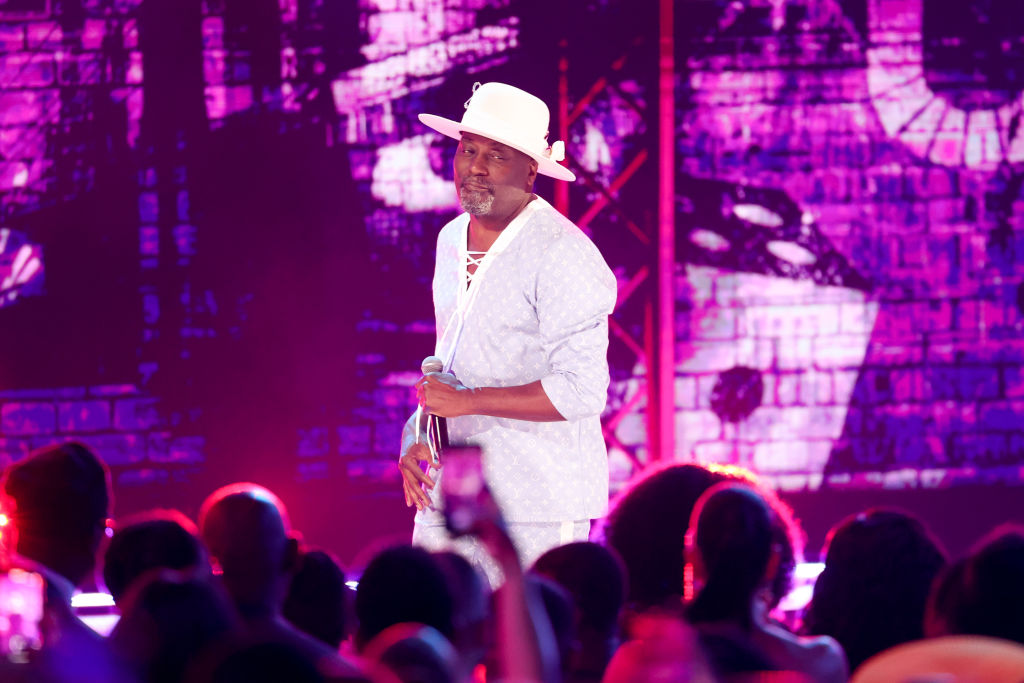
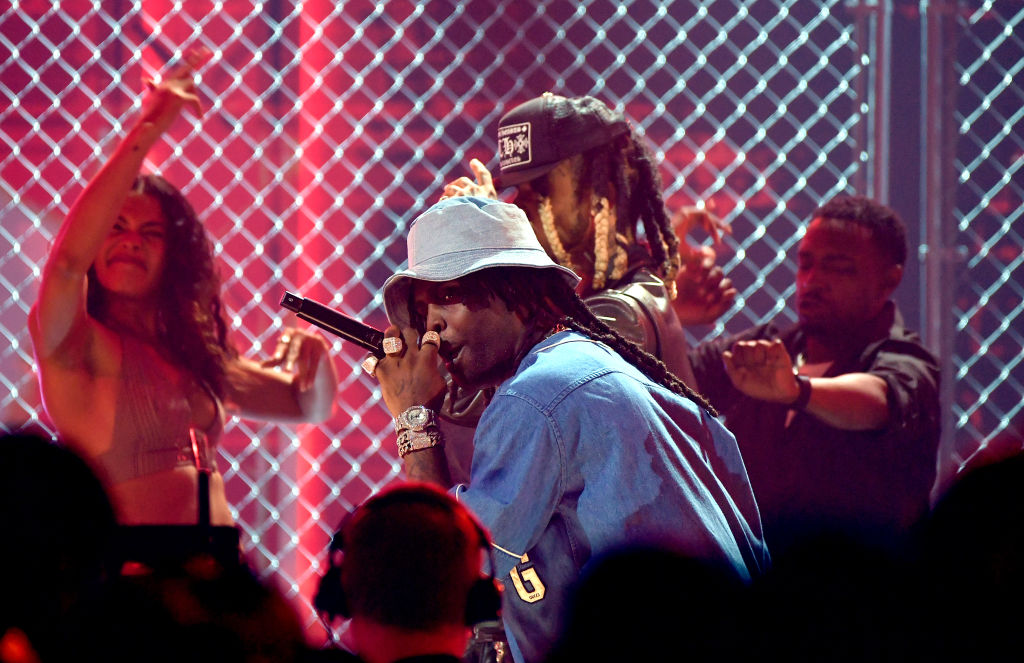


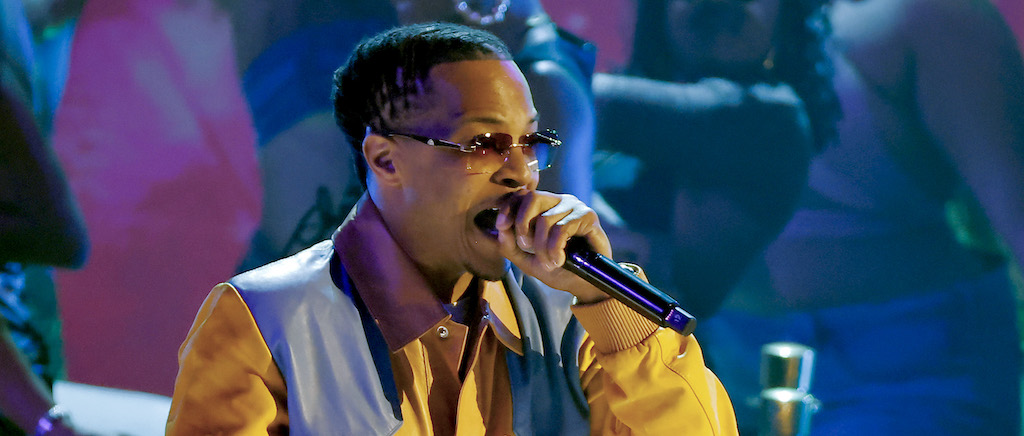
 MIAMI STAND UP!
MIAMI STAND UP!  The Midwest
The Midwest